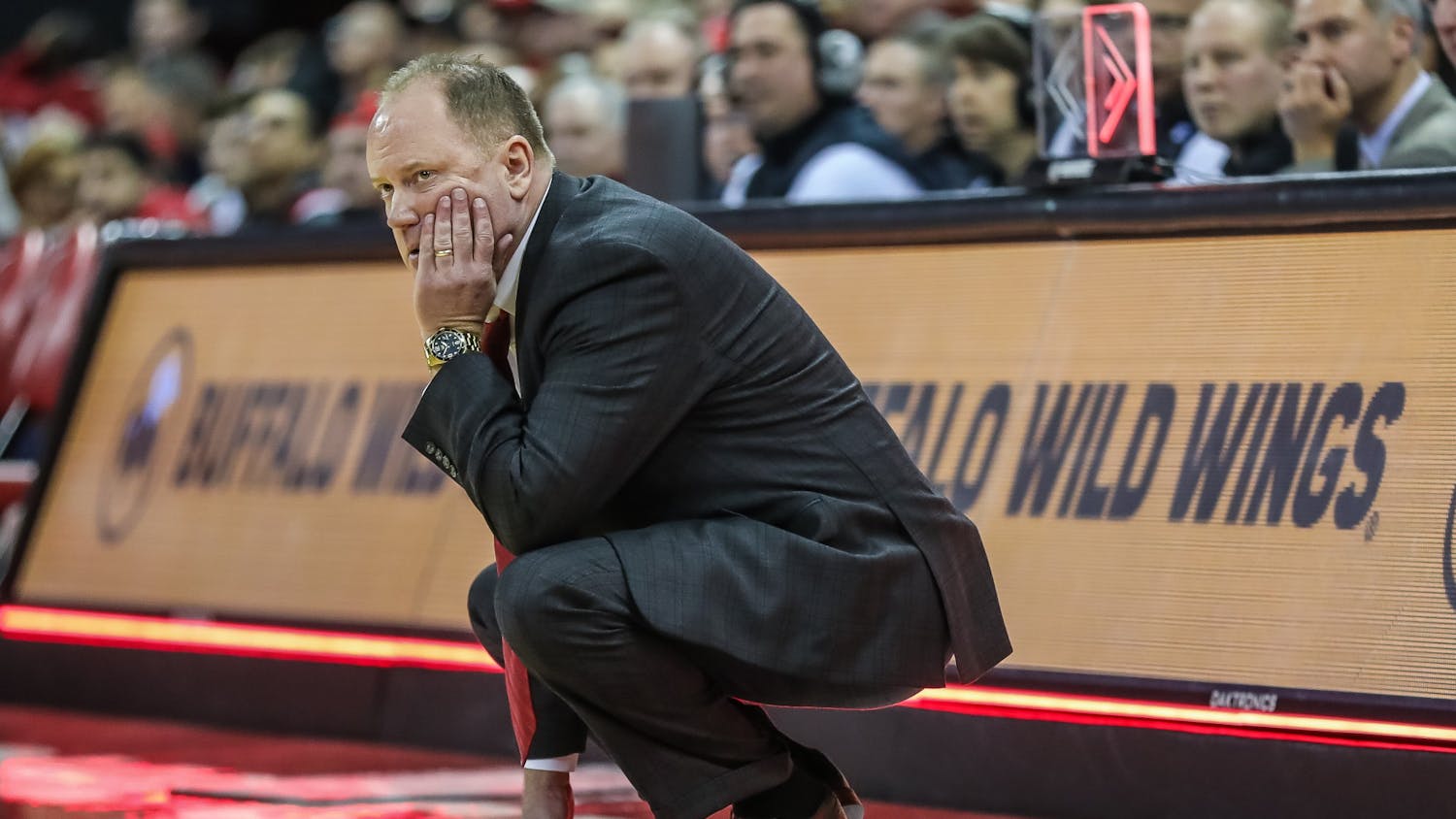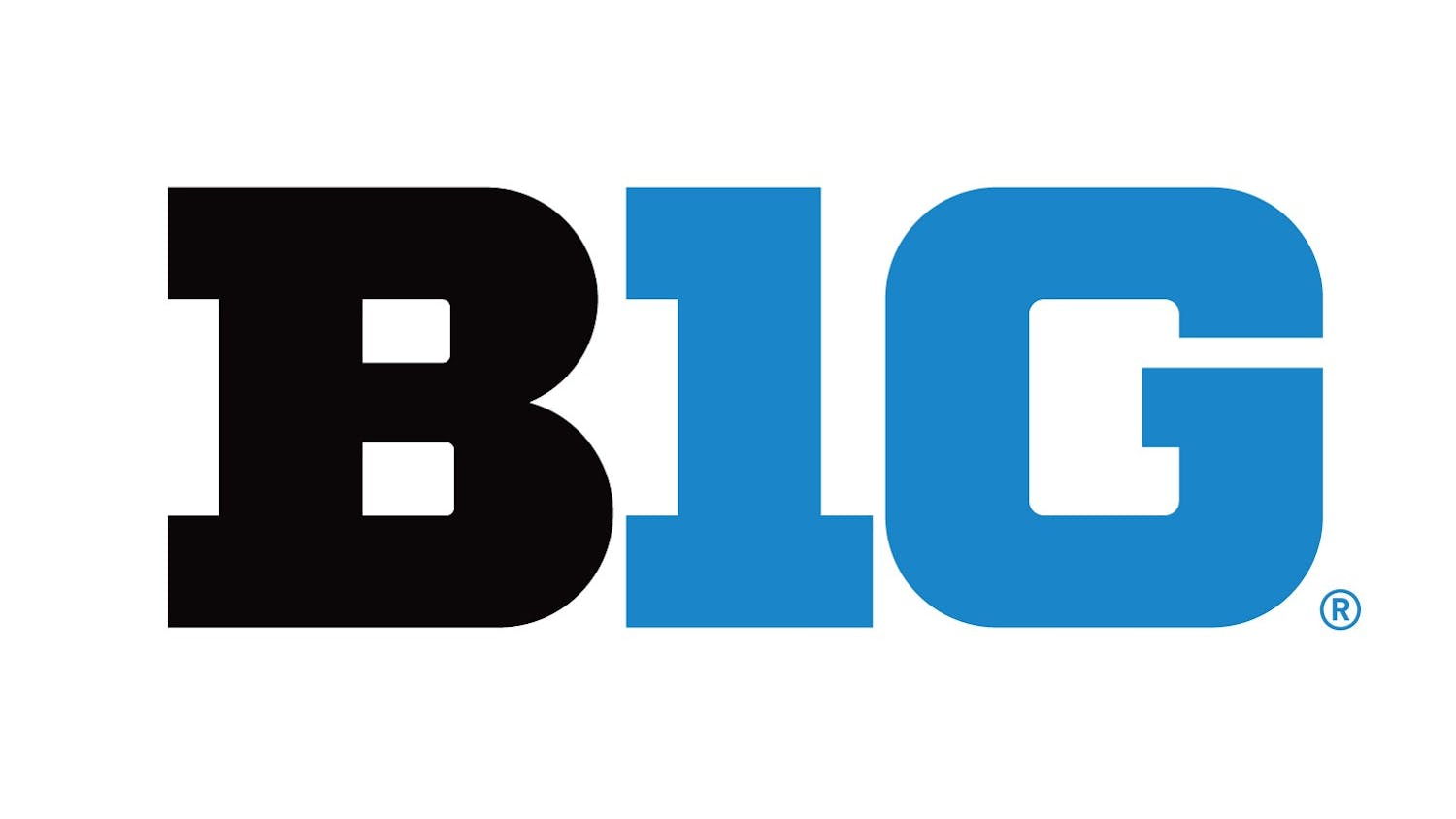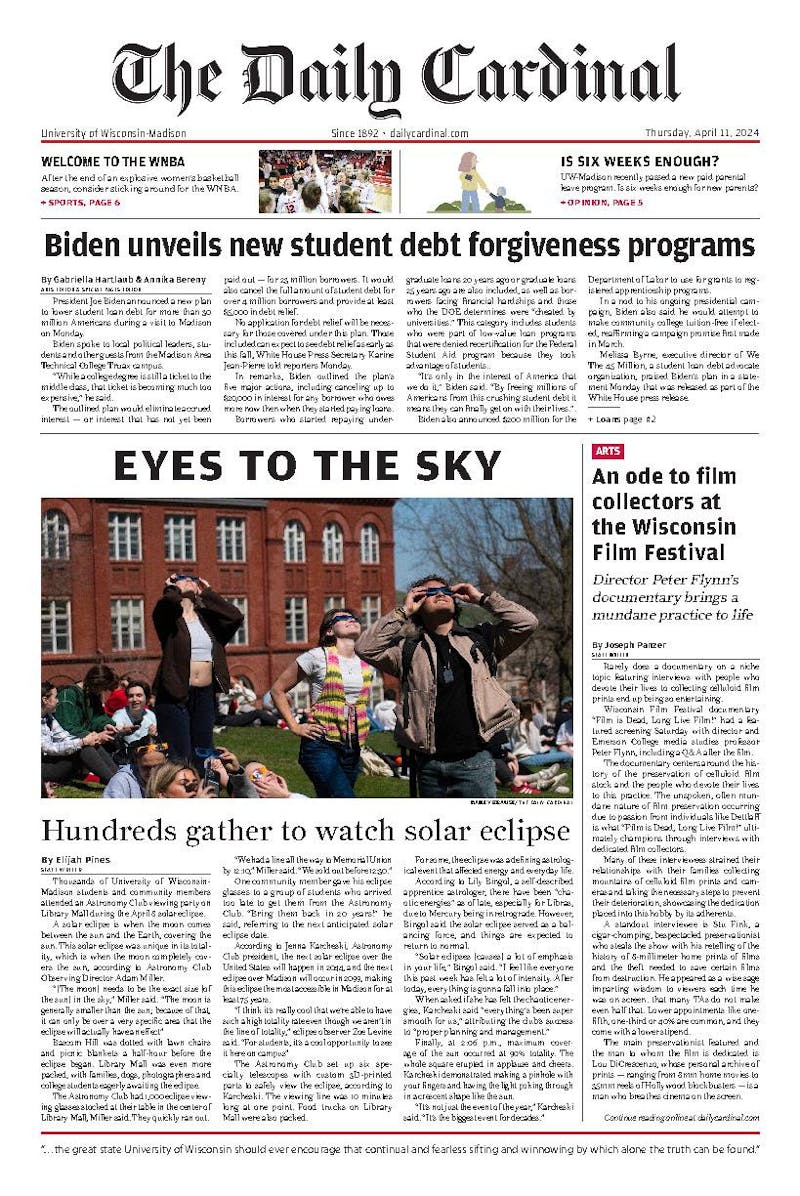At Sundance this year, I noticed a particularly strong marketing push by the festival to promote that about six of the movies at the festival were already available to be streamed by the home viewer via various video-on-demand outlets. This is the second year festival titles have been simultaneously released at Sundance and in the digital market. In conjuncture with the 2010 festival, YouTube launched its own streaming movie-rental service by offering several contemporary and previous festival selections. And in the year since YouTube stuck its toe in the movie-streaming pool, a variety of other outlets have emerged and are jumping in the pool themselves.
The movie-watching landscape is transforming right in front of us. Gone are the days of venturimg to the local Blockbuster on a Friday night to browse shelf after shelf of VHS cassettes while you found something that piqued your interest. Gone is the journey of tracking down obscure movies or even waiting for a Netflix DVD to come in the mail. Today, all you need to do is turn on your computer, your cable box, your video game console, your mp3 player or even your phone and you'll find a seemingly infinite selection of watchable media right at your fingertips. It seems like everybody and their uncle are offering streamable movies and TV shows now, and the number of providers only seems to be increasing.
In February, Internet retail giant Amazon rolled out a new, currently free service for its Prime members—a video-streaming library akin to Netflix. With about 5,000 movies and TV shows, Amazon's library can't quite compare yet to the over 100,000 titles offered by Netflix, but if history has demonstrated anything, Amazon certainly has the ability to expand.
Satellite provider DirecTV is poised to take video-on-demand in a different direction with its ""premium"" VoD service scheduled to be rolled out in June. The company intends to offer its subscribers digital movie rentals from 20th Century Fox, Sony Pictures, Warner Bros. and possibly Walt Disney Pictures. The initial trial will offer movies once they have been in theaters for 60 days—about a month before they would be released on DVD—though DirecTV has shown interest in cutting the wait down to as little as four weeks, much to the displeasure of theater owners. The service will launch under the burden of a $30 price tag for a one-time viewing, leaving its success questionable.
Even Facebook has begun offering streamable movies for rent recently in partnership with Warner Bros. While it may not have the largest library or the most elegant interface, it offers what media streaming is really all about—convenience. Facebook movie rentals seem to me just like Facebook chat. There are innumerable superior ways to talk to your friends than Facebook chat—Skype, AIM, MSN, iChat, etc. All of these services are more reliable, offer more features and options, and are honestly much better solutions than the notoriously unstable and featureless Facebook chat. But in the end, Facebook chat is simply the most convenient option because it's already there in front of you and everyone you know is already on it. And Facebook's new movie-streaming venture will probably catch on to at least a moderate degree with the masses precisely because, as the world's most-visited website, it's already right there in front of them.
David Fincher, director of ""The Social Network"" and ""Fight Club,"" had been shopping around his new TV show, ""House of Cards,"" to several networks and one unexpected newcomer—Netflix. The show is said to be a modern American reimagining of a BBC drama of the same name from the '90s, about a corrupt member of Parliament. Thanks to a deal so generous it's practically unheard of, Netflix beat out the usual TV networks for the distribution rights by committing to two seasons up front. The show will be available exclusively on Netflix—a first for the streaming media juggernaut, which will put it on a path strikingly similar to that of premium cable station HBO. Originally, HBO, as it's full name Home Box Office suggests, only broadcasted movies out of their theatrical runs. But, once competitors like Showtime starting popping up in the 80's, HBO moved to differentiate itself by offering original premium programming—and that's exactly what it seems Netflix is attempting to do now. Faced with mounting competition from Amazon, iTunes, video-on-demand services, Comcast, Time Warner, Hulu and even Facebook, Netflix is no longer playing the game all by itself and is clearly making ambitious movies to secure its top spot. With 61 percent of all (legally) streamed online video coming from Netflix, the company has quite a bit of a stake to defend.
In the end, with this virtual smorgasbord of choices on the table, the real winner is the consumer. The new air of competition in the streaming world is sure to push providers in new, ambitious directions to compete with Netflix's pickup of ""House of Cards."" All of these services need to find ways to differentiate themselves from one another if they hope to survive, let alone thrive.
Are you a Netflix junkie? Do you prefer to Hulu your TV shows the next day? Or are you a Blu-ray fanatic that has a giant TV and kickass sound system set up in your dorm room? You should let David know at dcottrell@wisc.edu.





